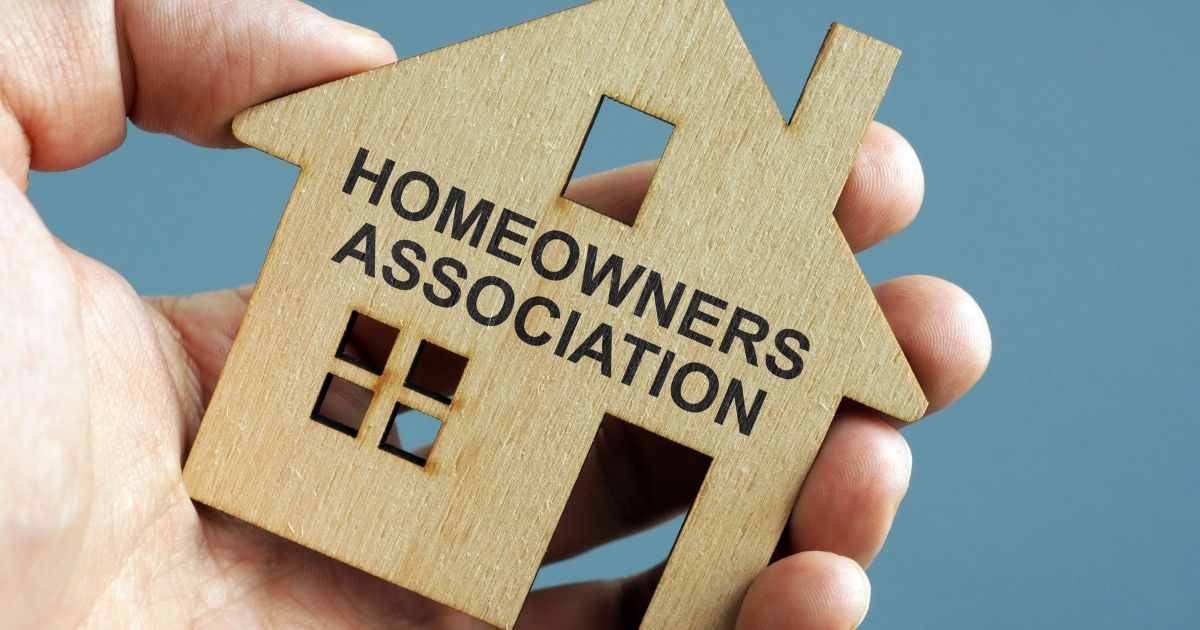Common Fair Housing Act Issues HOAs Should Understand

The Fair Housing Act (FHA), enacted in 1968, is a cornerstone of federal housing law that prohibits discrimination based on race, color, religion, sex, disability, familial status, or national origin. While this law is commonly discussed in the context of landlords and tenants, homeowners’ associations (HOAs) are also subject to its requirements.
For HOA boards and property managers, understanding and complying with the FHA is essential—not only to protect the rights of residents but also to avoid costly lawsuits and government investigations. Below, our Annapolis HOA lawyers at Oliveri & Larsen explain how FHA issues arise within HOAs and what boards should do to stay compliant.
How Does the Fair Housing Act Apply to HOAs?
Although HOAs are not landlords in the traditional sense, they still have significant control over housing-related decisions. This includes the ability to enforce community rules, approve or deny architectural changes, and handle complaints between neighbors. Because of this authority, HOA actions can fall under the scope of the FHA if they unintentionally or intentionally discriminate against protected classes.
Common FHA issues that can arise for HOAs include:
- Failure to provide reasonable accommodations for residents with disabilities.
- Overly restrictive rules that disproportionately impact families with children.
- Discriminatory enforcement of rules based on race, religion, or national origin.
- Architectural guidelines that deny accessibility improvements.
- Selective approval processes for applications, variances, or modifications.
Examples of FHA Challenges for HOAs
Denying Reasonable Accommodations
Under the FHA, HOAs must accommodate residents with disabilities when reasonable. This can include allowing the installation of ramps, wheelchair-accessible pathways, or visual doorbells. A refusal to permit such changes—even to maintain aesthetic uniformity—may violate federal law.
Rules That Impact Families With Children
Age-neutral rules that limit occupancy or the use of common areas may be seen as discriminatory against families with children. For example, a policy stating that “children cannot play outside after 6 p.m.” may violate the FHA’s protections for familial status, even if the intent is noise control.
Inconsistent Rule Enforcement
If an HOA enforces community rules more strictly against certain residents based on race, religion, or national origin, it may be violating the FHA. Boards should ensure consistent and documented enforcement across all residents to avoid the appearance of bias.
Zoning and Land Use Conflicts
Although zoning is generally a municipal function, HOAs may adopt rules that parallel or expand local restrictions. However, if an HOA’s covenants or use restrictions disproportionately affect certain groups, this could lead to a fair housing investigation.
What Are the Consequences of FHA Violations?
FHA complaints can be filed with the U.S. Department of Housing and Urban Development (HUD) or in state or federal court. If HUD determines an HOA violated the law, consequences may include:
- Civil penalties and damages
- Mandatory training for board members
- Injunctive relief to modify discriminatory policies
- Legal fees and costs
Even unintentional discrimination, if proven, can result in significant liability. That’s why proactive legal guidance is crucial.
How Can HOAs Stay Compliant?
1. Conduct Regular Policy Reviews
HOAs should routinely review and update bylaws, community rules, and enforcement procedures to ensure compliance with FHA guidelines. Pay special attention to language that may unintentionally exclude or burden protected groups.
2. Offer Fair and Consistent Enforcement
Every rule or policy should be applied evenly across all residents. Selective enforcement is a red flag and can give rise to discrimination claims, even if there was no intent to discriminate.
3. Train Board Members and Managers
All board members and property managers should receive training on fair housing law, including how it applies to common HOA functions like reviewing modification requests, approving tenants, or managing complaints.
4. Maintain Records
Detailed documentation of resident requests, board decisions, and rule enforcement helps protect the HOA if a claim is made. Written records demonstrate consistency and transparency in operations.
5. Consult Legal Counsel
Before denying a modification request or implementing a new policy, consult with an experienced Annapolis HOA attorney. Many issues arise not from bad intent but from a lack of legal knowledge.
Why Legal Guidance Matters
Fair housing claims against HOAs can result in lengthy legal battles, negative publicity, and financial penalties. More importantly, they can erode trust within your community. By working with experienced legal counsel, HOA boards can ensure compliance while maintaining their governing authority.
Protect Your HOA With the Annapolis HOA Lawyers at Oliveri & Larsen
At Oliveri & Larsen, we help HOAs navigate the complexities of federal and state housing law. To schedule a consultation with an Annapolis HOA lawyer, call 410-295-3000 or contact us online. We serve clients in Ocean City, Anne Arundel County, Baltimore County, Baltimore City, Calvert County, Harford County, Howard County, Queen Anne’s County, St. Mary’s County, Worcester County, Kent County, and the upper and lower Eastern Shores of Maryland.
